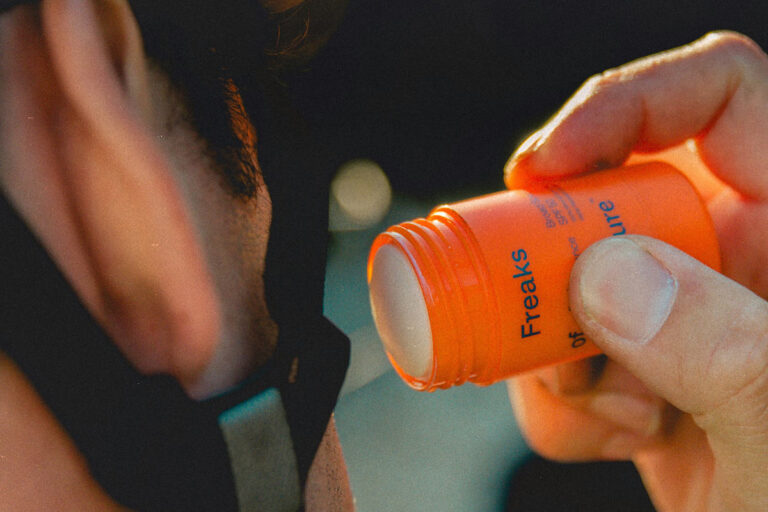Non-fungible tokens (NFTs) have revolutionized the entertainment industry and the art world. Next up, NFTs might help reform a major problem in healthcare.
What it is: A non-fungible token is a digital asset that is unique and non-interchangeable, a sort of passport that marks something as one-of-a-kind.
As a certificate of authenticity, NFTs can be tokenized and tracked, and many think they can help healthcare reform its management of patient data.
Talk data to me. Currently, sensitive patient health data is scattered across platforms and notoriously difficult for important operators to access.
- Over $1.2B clinical documents are produced in the US every year, yet 80% of that data is unstructured or locked away.
- Americans spend over $750B each year on unnecessary treatments, many of which stem from misdiagnosis, or redundant treatment due to poor data management.
Karly Rowe, VP at Experian Health, describes the worrying state of patient data tracking:
“Many healthcare organizations still don’t have a comprehensive patient identity management strategy in place… [even while] inaccurate or incomplete patient information poses serious, even fatal, risks to patients.”
Additionally, as wearables, at-home workout equipment, and other tracking devices gain popularity, many question how to harness health data efficiently while managing it responsibly.
Seeing an opportunity, entrepreneurs are leveraging NFTs as a way to decentralize data collection, optimize access, and give patients back control of their health records.
- Aimedis, an in-house NFT marketplace, allows patients to process their data as NFTs and easily forward it to their doctor, dentist, or physiotherapist.
- Enjin partnered with digital platform Health Hero in June to create Go!, where users can create a “Well-being NFT”, or W-NFT, unique to their health and activity characteristics.
- RightsHash, a decentralized software engine, aims to track and manage patient consent for clinical trials.
In other news, blood donation organizations are encouraging donors to tokenize their blood, while recent vaccine scandals highlight the need to verify against counterfeit medication and other drugs.
Looking ahead: NFTs have been around for less than a decade but, while the technology is far from mature, its potential applications are endless.
As innovation continues, consulting firm Deloitte predicts that blockchain technology could transform healthcare by placing patients “at the center of the healthcare ecosystem… increasing the security, privacy, and interoperability of health data.”






